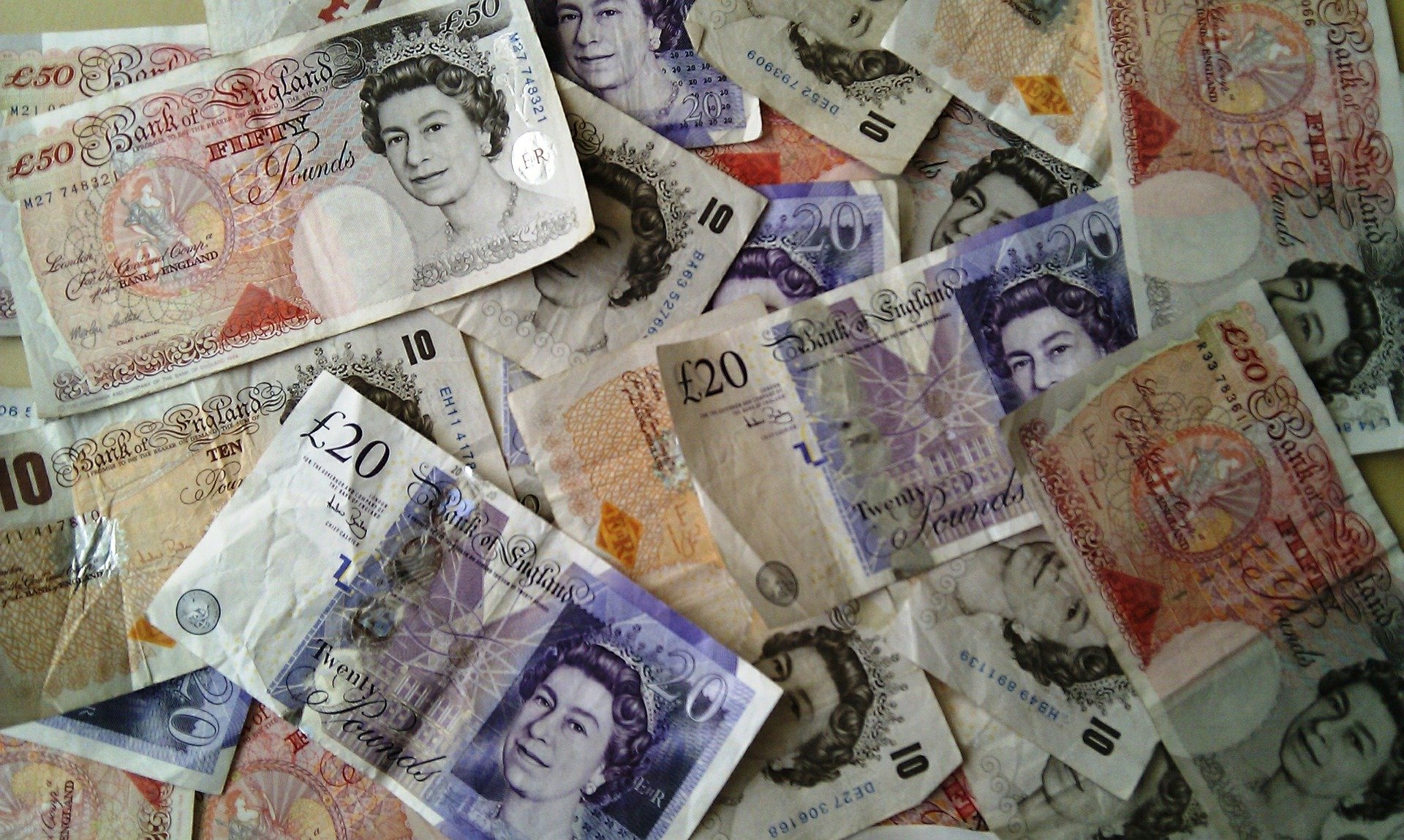Time to Shut Down Dirty Money’s “London Laundromat”

Just before Russia launched its full-scale invasion of Ukraine on February 24, the British anticorruption advocacy group Transparency International UK estimated that Russians accused of corruption or having close links to the Kremlin owned an estimated £1.5 billion worth of property in the United Kingdom, and that front companies registered in the United Kingdom and its Overseas Territories and Crown Dependencies had concealed more than £82 billion of corrupt Russian funds.
This was only part of a bigger problem. The research corroborated what countless reports and exposés have shown in recent years: the role played by institutions and expertise in London’s financial heart in helping to conceal the origin of corruptly acquired wealth from around the world—a role the Financial Times has dubbed the “London Laundromat.” Britain’s own National Crime Agency estimates the scale of the UK’s dirty money problem as potentially running into the hundreds of billions of pounds annually.
Transparency International UK is one of an array of civil society groups around the world that are supported in part by the Open Society Foundations, and that focus on fighting international corruption, money laundering, tax evasion and avoidance, and other economic abuses that rob societies of desperately needed public resources and empower autocrats. In addition to groups advocating for policy change, Open Society has also been an active supporter of a range of independent media groups that play a crucial role in exposing corrupt practices—as well as of cooperative networks such as the International Consortium of Investigative Journalists and the Organized Crime and Corruption Reporting Project.
Since the invasion of Ukraine, this work has been thrust to center stage. In London and around the world, governments that have in the past turned a blind eye to questionable financial transactions seek to target assets—from luxury yachts to fashionable townhouses villas—held by the oligarch allies of Russia’s president Vladimir Putin.
After February 24, in a bid to target oligarch allies of Putin, the UK government promptly advanced part of its previously discussed Economic Crimes legislation, which had been promised but not delivered for over five years. This included creating a registry of foreign-owned property in the UK, reforms of the way Unexplained Wealth Orders are used to require entities to clarify the source of their funds, and improvement to the targeted sanctions regime.
But other important elements that advocacy groups are urging were left out—including moves to reform the agencies tasked with combating money laundering and to give outmatched enforcement agencies the resources they need to investigate and prosecute often complex structures designed to hide wealth.
Much remains to be decided when a second round of the legislation is presented in a new session of Parliament in the autumn, and in related government policy reviews slated for the coming year. This includes the possibility of holding companies who knowingly enable money laundering—and their executives—criminally responsible for their actions, and ensuring that Britain’s Overseas Territories and Crown Dependencies follow through on commitments to unmask the true owners of shell companies registered there. A host of other reforms are needed—to curb legal intimidation by rich kleptocrats, protect whistleblowers, and more.
Even before the Russian assault in February, Open Society was assessing how best it might step up its support for the civil society groups seeking to rein in the UK’s dirty money problem—building on longstanding efforts in other financial secrecy hubs, including in the United States. For us, this is part of a fight that extends beyond Ukraine, given the role that the London Laundromat and the UK’s overseas jurisdictions play in serving authoritarian and corrupt political elites around the world.
So we are in the process of directing a raft of grants to support related initiatives, including a research and advocacy coalition that includes Transparency International UK, Spotlight on Corruption, and the Royal United Service Institute’s Centre for Financial Crime and Security Studies. We will also be supporting work by two nonpartisan All-Party Parliamentary Groups (on Fair Business Banking and Anti-Corruption and Responsible Tax) to outline proposed elements that could strengthen the government’s second stage of the Economic Crimes Bill. And we will be funding further investigative reporting by independent journalists and developing potential strategic litigation options through our Open Society Justice Initiative.
Open Society and our partners are likely to face significant push back from interested parties who benefit from the status quo. We would point to the reputational damage being done to the City of London, the English legal system, and the UK itself by accusations that it is serving, in the words of author Oliver Bullough, as “butler to the world”—and most notably to corrupt elites, kleptocrats, and autocrats from Moscow to the Middle East.
Article credit: https://www.opensocietyfoundations.org/voices/time-to-shut-down-dirty-money-s-london-laundromat
